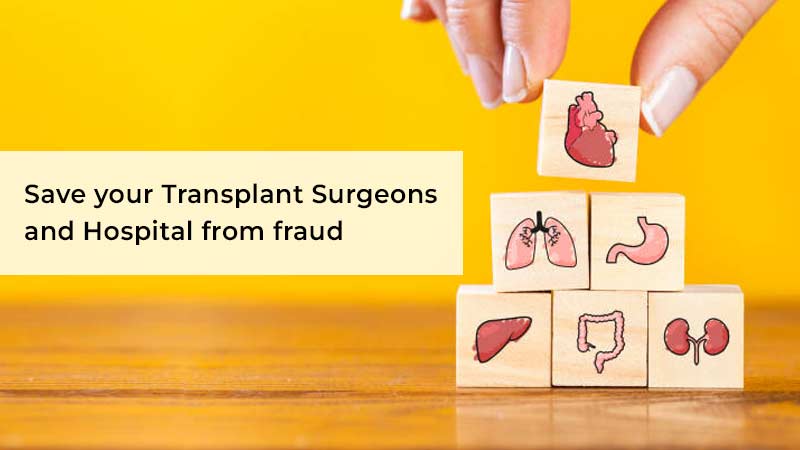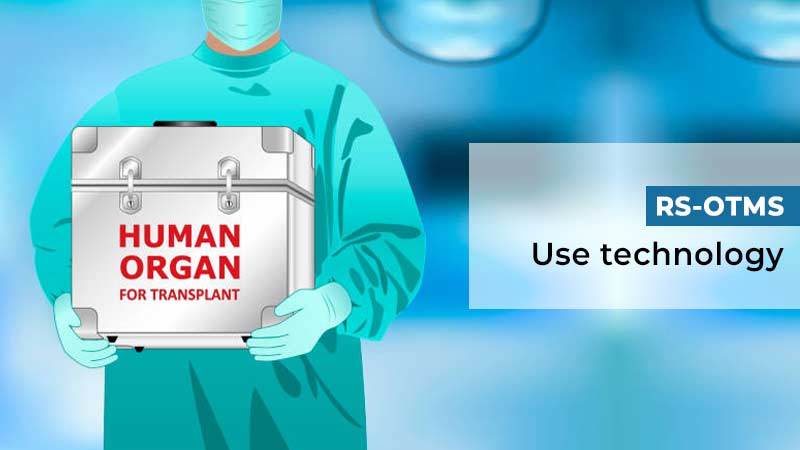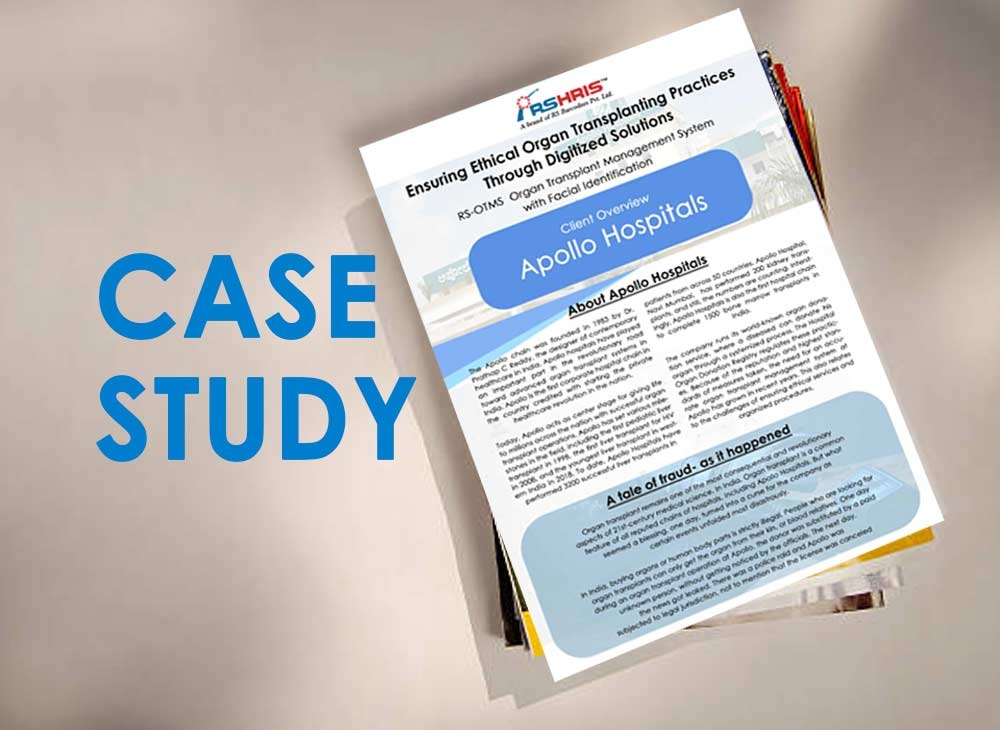

Organ Transplant Management System
Keeping in view both aspects, the Transplantation of Human Organ Act (THO) was passed in India in 1994 and amended in 2014 to streamline organ donation and transplantation activities. As per this Act, the core philosophy is that Sale of organs is a punishable offence. It amounts to Organ Trafficking and is punishable under the Law.
Under What Legal Heads Can Organ Transplantation Take Place?
-
The Hospital should have the License to carry out Organ Transplant Surgeries. The AA (Appropriate Authority (AA)) which is a State Government appointed Body, issues a license to a hospital for a period of 5 years at a time and can renew the license after that period. Each organ requires a separate license.
-
The procedural details of the organ transplantation processes are covered by the Transplantation of Human Organ Act (THO).
What Does The Transplantation Of Human Organ Act (THO) Say?
LIVING DONATIONS
- First Relatives: Mother, Father, Brothers, Sisters, Son, Daughter, spouse. For this proper proof of relationship through genetic testing and/or legal documents is required.
- Non Related Persons: If First relatives are not available, then the person donating has to prove that the motive behind the donation is purely for altruism or affection for the recipient.
- Deceased Donation: Organs of a dead person can be used for donation if proper documentation of approval from the dead person/close relative is available.
Under the Act, there are 21 forms which have to be filled as per the category .
Why the growing concern in India?
Why the growing concern in India?
Do you want to be part of the change or walk on the traditional risky norms of organ transplant management?
Let us help you make the choice. Enlighten yourself with the RSHRIS OTMS case study for Apollo Hospitals.
Concern Before Every Hospital Which Has The License To Carry Our Organ Transplant Surgeries:
- There should be no negligence in the surgery and the aftercare of the patients.
- There should be no incident of malpractice in the process of Organ Donation procedure.
How Does a Paid Donar Get Introduced Into The Process?
- The recipient is ready to pay huge sums to the poor, un-related donor.
- The donor is ready to give his/her organ for the money as he may be under huge debt and is desperate.
- There is no system laid down to identify the fraud donor at any stage objectively.
- Centralized Attendance System
- Mobile App for Field Staff Tracking
- Canteen Management
- Contractor Management
- Workforce Optimisation during Shift Change
- Disaster Management
- Payroll Management System



